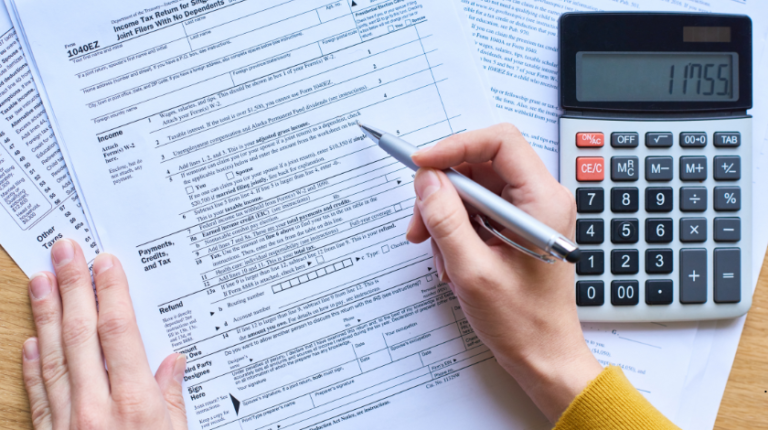Tobacco taxation is an essential revenue source for many states, including Alaska. The Fairbanks tobacco tax return form plays a crucial role in ensuring compliance with state laws and regulations. This article delves into the purpose of the tobacco tax return form, the relevant tax laws in Alaska, the completion process, and the implications for tobacco businesses in Fairbanks.
Overview of Tobacco Tax in Alaska
1.1 History of Tobacco Taxation in Alaska
Alaska implemented its tobacco tax to curb smoking rates and generate revenue for public health initiatives. Over the years, the tax rates have changed, reflecting public policy goals and economic conditions.
1.2 Current Tax Rates
As of the latest updates, Alaska’s tobacco tax includes rates for various tobacco products, including cigarettes, cigars, and smokeless tobacco. These rates can be subject to change based on legislation.
The Fairbanks Tobacco Tax Return Form
2.1 Purpose of the Form
The tobacco tax return form is designed for retailers and distributors to report their sales and pay the required taxes. It helps the state monitor tobacco sales and ensure compliance with tax laws.
2.2 Who Must File
Any business engaged in the sale or distribution of tobacco products in Fairbanks must file this return. This includes convenience stores, gas stations, and dedicated tobacco retailers.
2.3 Filing Deadlines
Filing deadlines vary, but typically, tobacco tax returns must be submitted quarterly. Understanding these deadlines is crucial for avoiding penalties.
Completing the Tobacco Tax Return Form
3.1 Gathering Necessary Information
Before filling out the form, businesses need to collect information on:
- Total sales of tobacco products
- Types of tobacco products sold
- Tax collected from consumers
3.2 Step-by-Step Instructions
- Business Information: Provide your business name, address, and contact information.
- Sales Reporting: Report the total number of units sold for each type of tobacco product.
- Tax Calculation: Calculate the tax owed based on the number of units sold and the applicable tax rate.
- Payment Information: Include payment details and methods for submitting the tax.
3.3 Common Mistakes to Avoid
- Incorrect reporting of sales figures
- Miscalculating tax owed
- Failing to file by the deadline
Compliance and Auditing
4.1 Importance of Compliance
Compliance with tobacco tax laws is critical for maintaining business operations. Failure to comply can result in hefty fines and legal issues.
4.2 Auditing Processes
The state may conduct audits to ensure that businesses are accurately reporting their tobacco sales and taxes. Businesses should maintain thorough records to support their filings.
Implications of Tobacco Taxation
5.1 Economic Impact on Businesses
Tobacco taxes can significantly impact pricing and sales volume. Understanding how these taxes influence consumer behavior is essential for business planning.
5.2 Public Health Considerations
Higher tobacco taxes aim to reduce smoking rates and improve public health outcomes. This section could explore the correlation between tax increases and smoking prevalence.
Conclusion
The Fairbanks, Alaska tobacco tax return form is a vital document for tobacco retailers and distributors. By understanding how to properly complete and file this form, businesses can ensure compliance and contribute to the state’s revenue while promoting public health.

